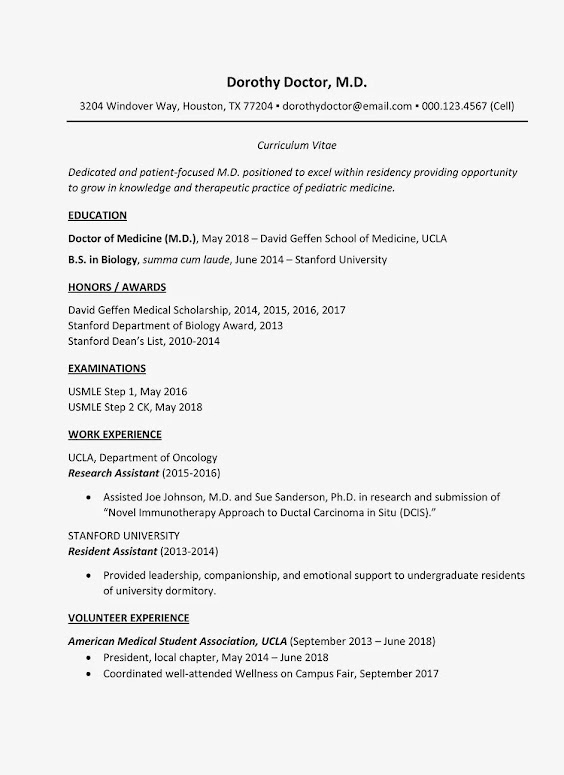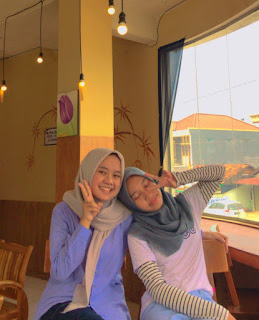CV FOR APPLICATION LETTER
What is a CV?
A CV, which stands for curriculum vitae,
is a document used when applying for jobs. It allows you to summarise your
education, skills and experience enabling you to successfully sell your
abilities to potential employers.
In the USA and Canada CVs are known as
résumés. These documents tend to be more concise and follow no particular
formatting rules.
What
are in a CV?
1. Contact
details
Include
your full name, home address, mobile number and email address. Unless you're
applying for an acting or modelling job you don't need to include your date of
birth or a photograph.
2. Profile
A
CV profile is a concise statement that highlights your key attributes and helps
you stand out from the crowd. Usually placed at the beginning of the CV it
picks out a few relevant achievements and skills, while expressing your career
aims. A good CV profile focuses on the sector you're applying to, as your cover
letter will be job-specific. Keep CV personal statements short and snappy - 100
words is the perfect length.
3. Education
List
and date all previous education, including professional qualifications. Place
the most recent first. Include specific modules only where relevant.
4. Work
experience
List
your work experience in reverse date order, making sure that anything you
mention is relevant to the job you're applying for. If you have plenty of
relevant work experience, this section should come before education.
5. Skills
and achievements
This
is where you talk about the foreign languages you speak and the IT packages you
can competently use.
The
key skills that you list should be relevant to the job. Don't exaggerate your
abilities, as you'll need to back up your claims at interview. If you've got
lots of job-specific skills you should do a skills-based CV.
6. Interests
'Socialising',
'going to the cinema' and 'reading' aren't going to catch a recruiters
attention. However, relevant interests can provide a more complete picture of
who you are, as well as giving you something to talk about at interview.
Examples include writing your own blog if you want to be a journalist, or being
part of a drama group if you're looking to get into sales.
7. References
You don't need to provide the names of referees at this stage. You also don't need to say 'references available upon request' as most employers would assume this to be the case.
The Example of CV



Comments
Post a Comment